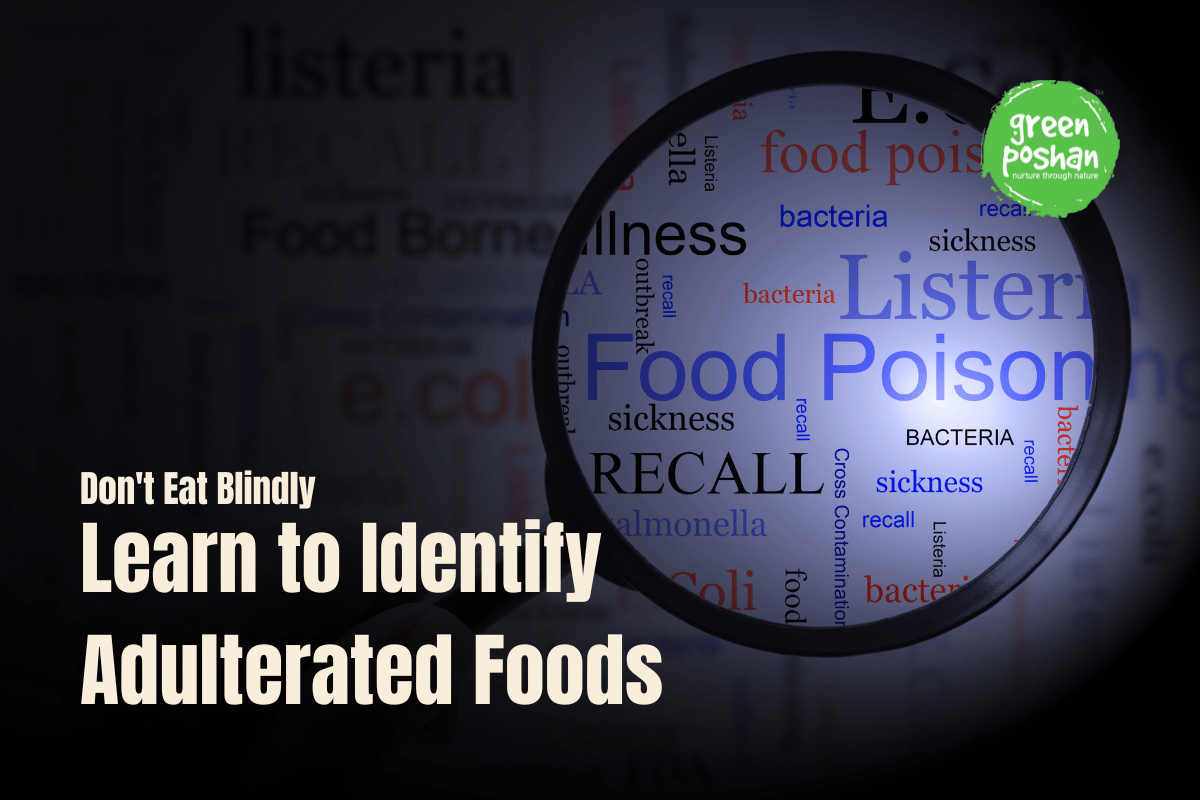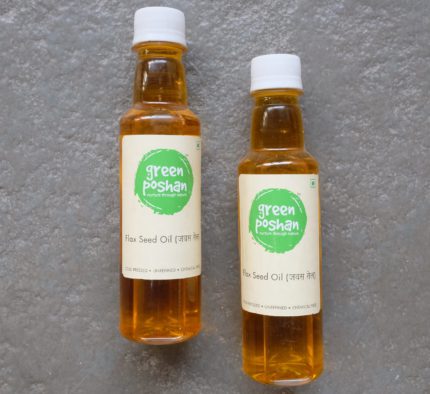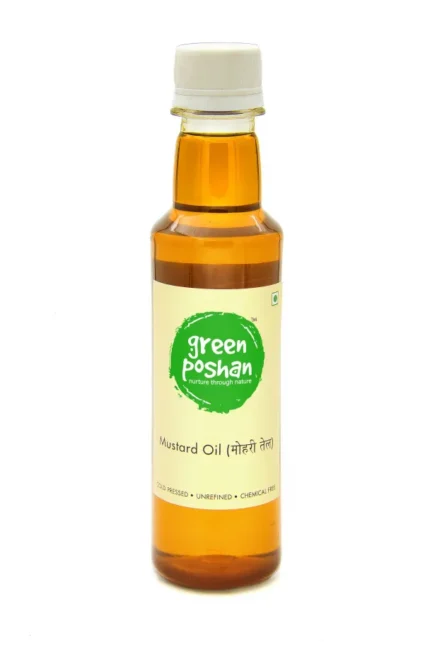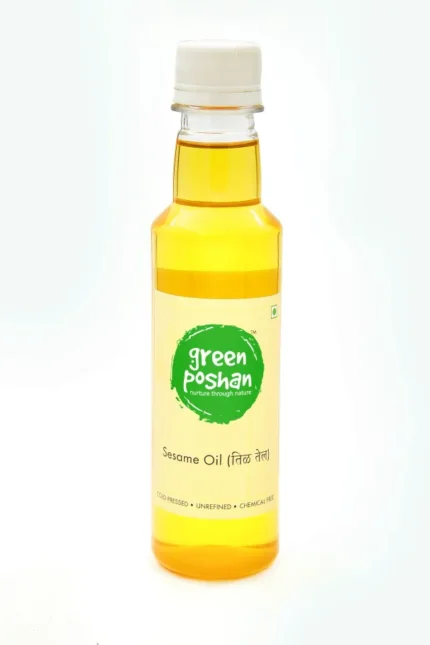Food adulteration remains a serious and widespread problem in India, affecting everything from spices and pulses to oils and sweets. As a consumer, recognizing signs of adulterated food products in your kitchen can protect you and your family from hidden health risks like poisoning, allergies, and chronic illness.
In this comprehensive guide, we make detecting adulteration simple, practical, and precise with clear warning signs and safe alternatives, especially highlighting why choosing lab-tested and trusted brands like GreenPoshan is your best defense.
Why Knowing the Signs of Adulterated Food Products Matters
Adulterated food is food that has foreign or inferior substances mixed in to increase quantity or alter appearance but which can be harmful or reduce nutritional quality. It’s estimated that a significant percentage of food products sold in Indian markets contain some level of adulteration: chalk dust in flour, starch in sugar, synthetic colors in spices, and cheaper oils mixed with pure ones.
Health risks include allergic reactions, digestive problems, heavy metal poisoning, and long-term diseases. Understanding signs of adulterated food products lets you catch problems early before they harm your loved ones.
Common Signs of Adulterated Food Products and How to Spot Them
1. Spices
- Turmeric powder: An unnatural bright yellow, or yellow with an orange hue, may indicate added lead chromate (toxic heavy metal).
- Chili powder: A very bright red with no aroma could have colored powders mixed in.
- Coriander powder: Excessively light or dusty appearance may mean added starch or dirt.
- How to test: Mix turmeric powder with water; if the water turns bright yellow and powder loses color quickly, it may be adulterated. Real turmeric retains color longer.
2. Pulses and Grains
- Presence of small stones, dirt, or husks indicates poor quality and possible adulteration.
- Weight irregularities and extra stones mixed to increase weight.
- White powder dust or unnatural texture could mean added chalk or starch.
- How to test: Soak pulses or rice in water; if dust settles or water turns cloudy excessively, it might indicate adulteration.
3. Cooking Oils
- A greasy, sticky feeling or off-odors could suggest mixing with cheaper, low-quality oils.
- Oil that doesn’t change consistency when cooled might be partially hydrogenated or blended.
- Lab tests are the only sure way to avoid adulteration here.
Related Products
-
Cold-Pressed Flax seed Oil — 250ml
₹200.00 -
Cold-Pressed Groundnut Oil — 1lit
₹370.00 -
Cold-Pressed Mustard Oil — 250ml
₹150.00 -
Cold-Pressed Sesame Oil — 250ml
₹200.00
4. Milk and Dairy
- Milk sanitizer soaps or detergents added will produce excessive froth when boiled.
- A strong chemical or soap smell is a definite warning sign.
- Milk that does not curdle properly or forms unusual lumps could be adulterated.
- Simple milk boil test: Boil and observe froth and smell.
5. Sugar and Sweeteners
- Powdered sugar with chalk or starch is denser and has a gritty texture.
- Sugar that dissolves unevenly or leaves residues could be adulterated.
- Sometimes cheap sweeteners or salt are added to increase weight.
6. Honey
- Honey that crystallizes rapidly or is very watery may be diluted with sugar syrup.
- Burn test: real honey burns and glows; fake honey melts immediately.
- Avoid honey with an overly sweet artificial fragrance.
Why Home Tests Alone Aren’t Enough
While simple home tests give quick clues, you can’t spot many adulterants especially modern chemicals or refined blends just by sight or smell.. This is why relying on independent lab testing and certified organic standards is essential.
How GreenPoshan Protects You from Adulteration
GreenPoshan guarantees chemical-free foods through:
- Batch-level third-party lab testing for over 150 harmful residues.
- Transparent lab reports available on request.
- Strict sourcing from farms practicing organic/natural agriculture.
- Trusted supplies of pulses, flours, spices, oils, jaggery, and other staples.
Choosing GreenPoshan means not having to worry about hidden additives or fake products.
Signs of Adulterated Food Products You Should Never Ignore
- Unusual colors or bright dyes in spices and powders.
- Strange odors or chemical smells in milk, honey, or oils.
- Presence of foreign material like stones or unnatural clumps.
- Changes in consistency, texture, or taste that don’t match expected norms.
If you notice these, avoid use and switch to lab-tested foods.
Frequently Asked Questions (SERP-Informed PAA)
What are the common signs of adulterated food products in India?
Unnatural colors, altered taste, strange smell, powderiness, presence of stones or dirt, and foaming in milk are common signs.
How reliable are home tests for detecting food adulteration?
Home tests provide useful clues but cannot detect all adulterants. Lab testing is the only reliable method for safety.
How can I avoid adulterated foods while shopping?
Buy from trusted brands that provide lab testing reports and avoid loose unpackaged products from unverified vendors.
Is organic food always free of adulteration?
Certified organic food follows stricter standards and avoids adulteration. Always check certification integrity.
Wrapping Up
Knowing the signs of adulterated food products empowers Indian households to make safer choices and protect their families from hidden dangers. Home tests have value but are insufficient alone. The best approach combines vigilance with switching to reliable, lab-tested and certified chemical-free staples like those from GreenPoshan.
Make your kitchen a safe zone, start identifying adulteration signs and choose clean, trusted foods for lasting health and peace of mind.





